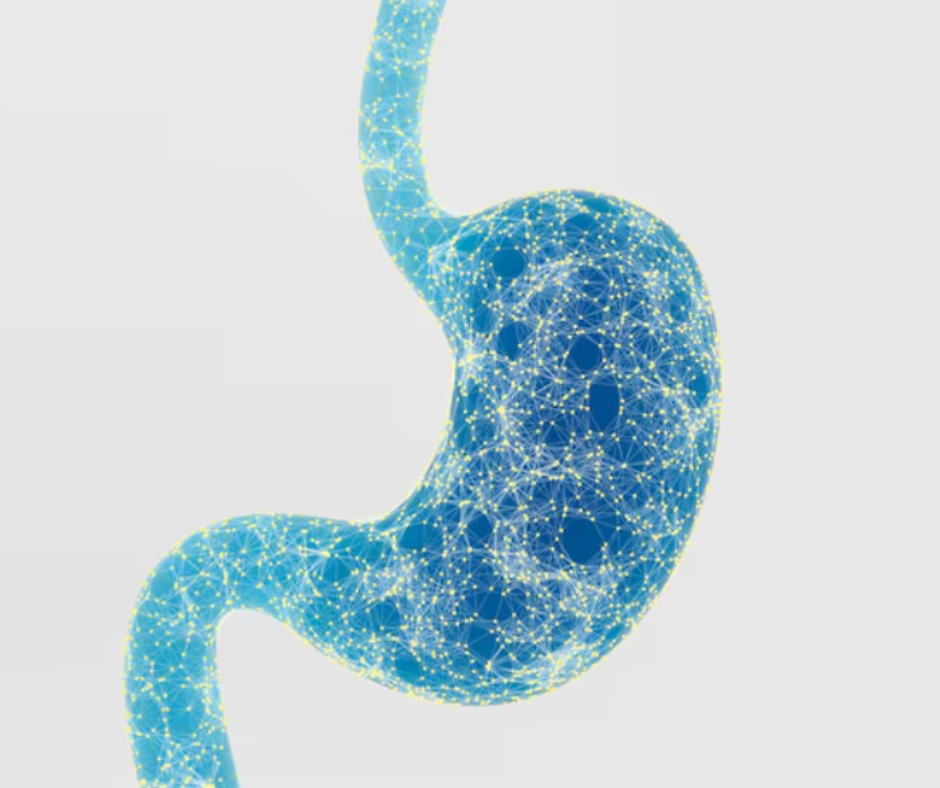Diet and Nutrition for a Healthy Gut
- livercarecenter23
- Jan 12, 2024
- 3 min read
Written By: gastroenterologist in kochi
Maintaining a healthy gut is crucial for overall well-being. With proper diet and nutrition, you can ensure the sound functioning of your gut, leading to improved digestion, enhanced immunity, and even mental well-being. In this article, we will explore the importance of diet and nutrition in promoting a healthy gut and provide valuable insights on how to achieve optimal gut health.

The Role of Gut Health
Before we delve into the specifics of diet and nutrition, let's understand why gut health is so important. Your gut, also known as the gastrointestinal tract, plays a vital role in various bodily functions. It aids in digestion, absorbs nutrients, eliminates waste, and houses a significant portion of your immune system.A healthy gut is populated by trillions of beneficial bacteria known as gut microbiota. These bacteria help in breaking down food, producing essential vitamins, and combating harmful pathogens. When your gut microbiota is unbalanced, it can lead to various digestive disorders such as bloating, constipation, or even more severe conditions like irritable bowel syndrome (IBS).
The Basics of a Gut-Healthy Diet
To promote a healthy gut, it is essential to focus on a well-balanced diet that includes the following key elements:
1. Fiber-rich Foods
Fiber is the nourishment for your gut microbiota. Include ample amounts of fruits, vegetables, whole grains, and legumes in your diet to provide the necessary fiber for the growth and maintenance of beneficial gut bacteria. Additionally, fiber helps regulate bowel movements, preventing constipation.
2. Probiotic-rich Foods
Probiotics are live bacteria and yeasts that are beneficial for your gut. Introduce fermented foods like yogurt, kefir, sauerkraut, and kimchi into your diet. These foods contain active cultures of beneficial bacteria that can populate your gut, improving digestion and overall gut health.
3. Prebiotic-rich Foods
Prebiotics are a type of dietary fiber that nourishes the beneficial bacteria in your gut. Foods like garlic, onions, asparagus, and bananas are excellent sources of prebiotics. Including these in your diet can help stimulate the growth and activity of good gut bacteria.
4. Healthy Fats
Incorporate healthy fats like avocados, nuts, and olive oil into your diet. These fats aid in the absorption of fat-soluble vitamins and promote a healthy gut lining, reducing the risk of inflammation in the gastrointestinal tract.
The Gut-Brain Connection
The gut and brain are interconnected through the gut-brain axis, a complex communication system. Your gut health can significantly impact your mental well-being. An imbalanced gut microbiota has been linked to conditions like depression, anxiety, and even neurodegenerative disorders.
Tips for a Healthy Gut
In addition to incorporating gut-healthy foods into your diet, here are some tips to maintain a healthy gut:
Stay hydrated: Drink plenty of water to keep your digestive system functioning optimally.
Limit processed foods: These often lack essential nutrients and can disrupt the balance of gut bacteria.
Manage stress: Excessive stress can negatively affect your gut health. Practice stress management techniques like meditation or yoga.
Get enough sleep: A good night's sleep allows your body to repair and regenerate, benefiting your gut health.
Conclusion
Maintaining a healthy gut through proper diet and nutrition is within your reach. By incorporating fiber-rich foods, probiotics, prebiotics, and healthy fats, you can support the growth of beneficial gut bacteria and promote optimal digestion. Remember to stay hydrated, limit processed foods, manage stress, and prioritize sleep for overall gut health. With these lifestyle changes, you can pave the way for a healthier gut and a happier, healthier you.



Comments